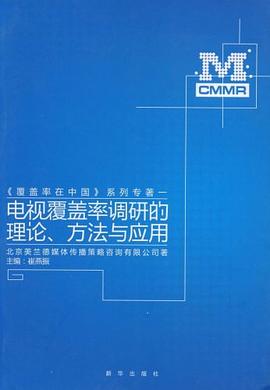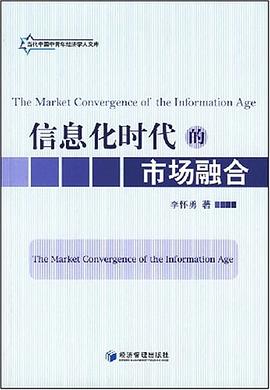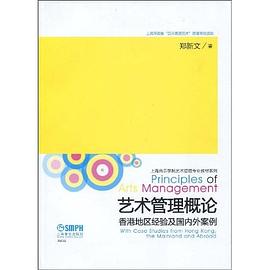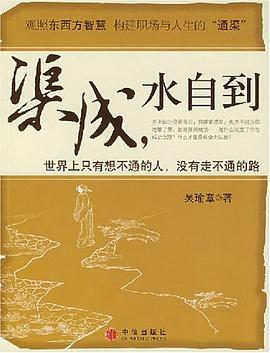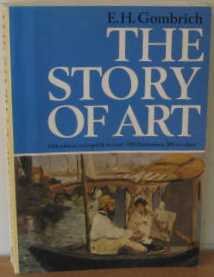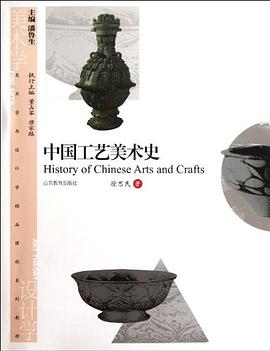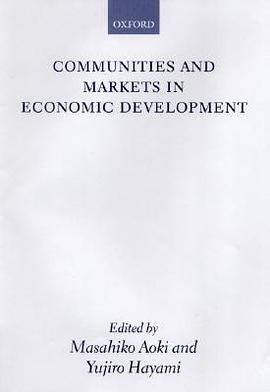

This book explores the role of community in facilitating the transition to market relationships in economic development, and in controlling and sustaining local public goods such as irrigation, forests, grazing land, and fishing grounds. Previously it was customary to classify economic systems in terms of varying combinations of state and market control of resource allocation. In contrast, this book recognizes community as the third major element of economic systems. This new approach also departs from the conventional view that markets and community norms should be treated as mutually exclusive means of organizing economic activity, instead clarifying the situations in which they may become complementary. Further discussion focuses on the conditions under which management of local commons can, and should, be delegated to local communities rather than subjected to the control of central government. These and other issues are investigated by twenty-one leading scholars from economic history, development economics, agricultural economics, and institutional economics. The resulting volume is the latest in a set of four books about East Asian developmental experiences, co-sponsored by the Economic Institute of the World Bank and the Stanford Institute of Economic Policy Research. It will appeal to economists and other social scientists with an interest in economic development, history, comparative systems, and institutional economics.
具體描述
讀後感
評分
評分
評分
評分
用戶評價
相關圖書
本站所有內容均為互聯網搜索引擎提供的公開搜索信息,本站不存儲任何數據與內容,任何內容與數據均與本站無關,如有需要請聯繫相關搜索引擎包括但不限於百度,google,bing,sogou 等
© 2025 qciss.net All Rights Reserved. 小哈圖書下載中心 版权所有


